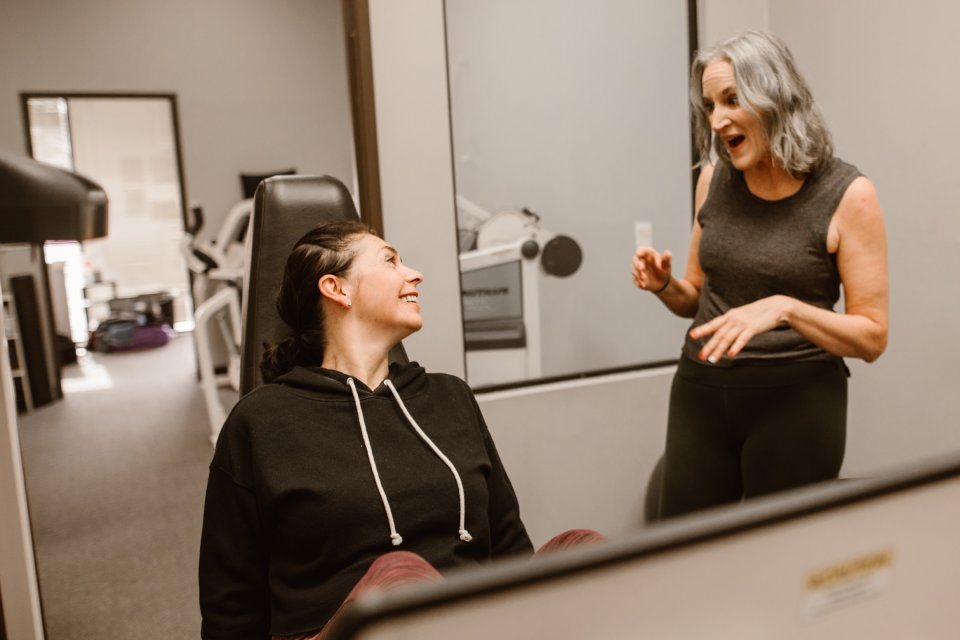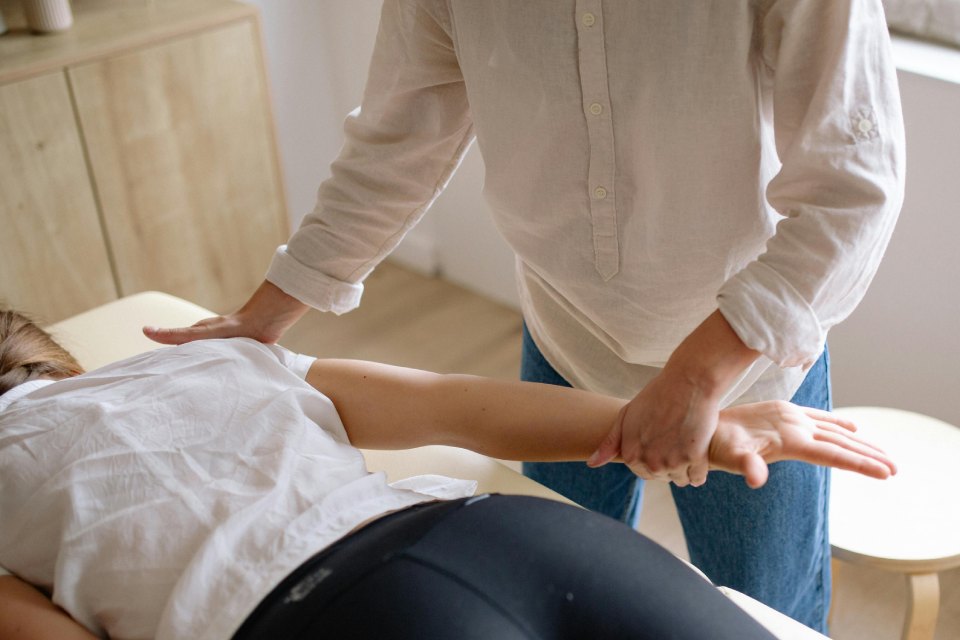It’s great to have witnessed the change in how we discuss menopause today compered to not so long ago when it was still largely regarded as a taboo subject or at least embarrassing to talk about. The World Menopause Day is a great example of the positive change, although we still have more work to do in raising awareness and knowledge of the affects of changes women go through, not just the workplace, but the society at large. This includes many women going through the menopause but are not aware of the different physical and mental health symptoms that can be caused by menopause. We look at menopause and employer support in particular.
Employer support for menopause has come a long way
Even if employers do not have a dedicated menopause support provider, they may well have more support for menopause than they realise, according to GRiD. That is because many employee benefits providers, and group risk benefits in particular, include such a broad range of support that many employers will be able to provide support for the menopause at no additional cost to their organisation.
Examples of support for menopause
- The industry body for the group risk sector explains that most group risk benefits (employer-sponsored life assurance, income protection and critical illness) now often include access to a virtual GP, so anyone needing general menopause support would be able to speak directly to a GP if they had concerns.
- Anxiety is a symptom that can be experienced at this time of life and many group risk benefits include EAPs (Employee Assistance Programmes) which have support for anxiety embedded as standard.
- Some group risk providers also widen support to include apps and other online platforms for wellness issues including musculoskeletal, nutrition and sleep, all of which can be beneficial for someone experiencing menopausal symptoms. There may even be specialised menopause support included in this way.
- Group risk benefits can also help employees stay fit and healthy with access to apps to help improve fitness, including discounts and offers for gyms and online workouts. Taking regular exercise is thought to improve menopausal symptoms including improving sleep, reducing anxiety, and supporting better bone health.
Hormonal decline can also have a wide-ranging impact on disorders of the heart which is why this year’s theme for World Menopause Day 2023 is cardiovascular disease. Many employee benefits provide support from third-party medical professionals who are experts in supporting people with specific conditions such as high blood pressure, heart disease and diabetes.
Katharine Moxham, spokesperson for GRiD, said: “If employers do a deep dive into their existing employee benefits, they may well find that they can create a suite of support for their employees affected by menopause within the benefits they already offer. Not only does this mean they won’t incur any additional costs, but by promoting the support they already have in place they are likely to see engagement and utilisation improve too.
GRiD also urges employers to ensure that they clearly communicate the menopause support that they have available. Taking a more organic approach to providing menopause support may require additional levels of communication so that staff can understand what is available and how to access it.
Katharine Moxham concluded: “It’s easy to put employee benefits into silos – a benefit that tackles mental health, another that tackles physical health – however, it’s more than possible to create packages of support for specific employee groups – menopausal staff being just one of them – by mining the breadth of support often available all in one place.
“For employers who already have a comprehensive suite of support, this can be a cost-effective way of approaching menopause support.”
Employers may also want to consider making reasonable adjustments to the workplace and workloads – as they would for others dealing with health-related issues – to help women dealing with menopausal symptoms to stay at work, return to work and reduce the likelihood of absence. Such support can be found within vocational rehabilitation services often included within group risk benefits: employer-sponsored life assurance, income protection and critical illness.
What else can employers do
Debra Clark, head of wellbeing, Towergate Health & protection, says:
“While menopause is now being discussed more openly in the workplace, more could be done to introduce specific support. The education route – making employees aware of the symptoms and issues associated with menopause – can be a good starting point. It is important however, for employers to also consider including younger women and men, who may not be directly affected by menopause, in any communication or educational sessions so that they have a greater understanding and can be more supportive of colleagues.
“Forward-thinking companies not only educate but also pro-actively support their staff. The guidance and options available are expanding. Support is available via many health and protection programmes, mental health support services and employee assistance programmes for the psychological and emotional impact which can be associated with menopause. Signposting to specialist support is an important aspect, as is help with navigating the NHS. Specific symptoms or effects of the menopause may need addressing, for example, cardiovascular changes associated with the menopause1, where screening might be appropriate.
“The number of specialist providers is increasing and more mainstream health insurers also now offer support for the menopause and menstrual health. We would encourage employers to talk to an adviser who can give guidance on the latest developments and the most appropriate options for support in their organisation.”
An increase in women requiring clarification on menopause issues
RedArc, the nurse-led health and wellbeing support service, has seen a marked increase in requests for menopause support over the past 12 months, with many women looking for a sounding board and source of reliable information on the matter of managing symptoms.
Christine Husbands, commercial director, RedArc said: “Menopause awareness is certainly higher than it’s ever been which can only be a good thing for women, many of whom had previously suffered their symptoms in silence or embarrassment. However, this increased desire for information, remedies and solutions has led to some misinformation and myths circulating on the internet, amongst women themselves and via other ‘experts’.”
RedArc’s support for people with cancer means the company also sees the effects on women when menopause is triggered by cancer treatment, and the specific support that’s needed then.
There are reports of over 30 different menopausal symptoms and typically, many women tell RedArc that they also suffer with a sense of anxiety and a loss of their fertility. While HRT (hormone replacement therapy) can improve symptoms, it doesn’t always eradicate them completely, meaning menopausal women often still need to learn to manage hormonal changes.
Christine Husbands continued: “We are increasingly finding that women are looking for a listening ear and someone to provide much-needed reassurance as well as reliable information. With so much information and advice available – often conflicting and not necessarily medically based – rather than providing clarity the waters are becoming muddied.
“Increasingly women are turning to our experienced nurse team to cut through the noise and find coherent answers to their questions.”
Typically, RedArc helps people prepare for GP appointments, navigate the NHS, signpost to organisations that provide specialist support or peer support, and provide verified reading materials. When required it may also suggest a course of therapy or other intervention such as a private consultation with a menopause consultant.
Christine Husbands continued: “Women need to know that the support they are accessing is clinically correct and tailored to their needs.”
The Menopause Friendly Employer Awards are a great example of employer support at its best.










